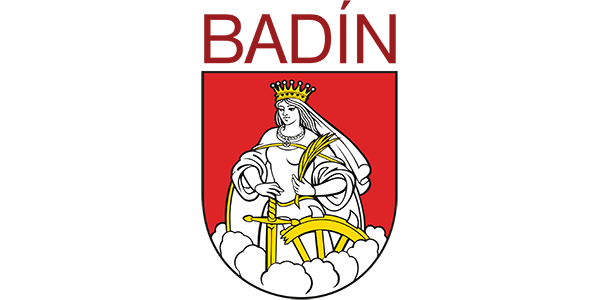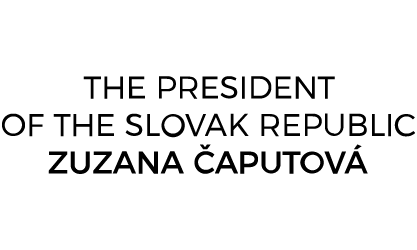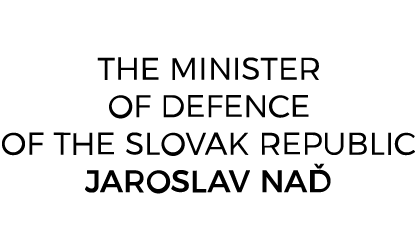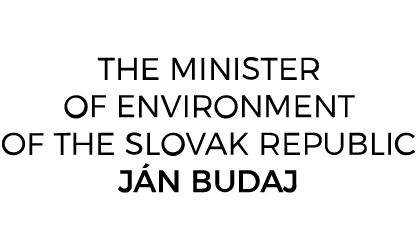Introduction to Sustainability
"Sustainable development is development that meets the needs of the present without compromising the ability of future generations to meet their own needs." (Brundtland, „Our common Future“, 1987)
Sustainability is one of the most pressing challenges of our time across a wide spectrum of social, environmental and economic matters. Major issues such as climate change, economic inequality and social injustice are affecting people throughout the world. These are also pressing concerns for the sports community, both for managing its day-to-day affairs and for its responsibilities towards young people and future generations. We also recognise that sport has an unrivalled capacity to motivate and inspire large numbers of people. This is why we believe that the EYOF Banská Bystrica 2022 has both a duty and an opportunity to contribute actively to global sustainability in line with the Thomas Bach׳ vision: “Building a better and sustainable world through sport”

![]()
The sustainability agenda is a global issue and cannot be ignored.
The 2030 Agenda for Sustainable Developmet, adopted by all United Nations Member States in 2015, provides a shared blueprint for peace and prosperity for people and the planet, now and into the future. At its heart are the 17 Sustainable Development Goals (SDGs), which are an urgent call for action by all countries - developed and developing - in a global partnership. They recognize that ending poverty and other deprivations must go hand-in-hand with strategies that improve health and education, reduce inequality, and spur economic growth – all while tackling climate change and working to preserve our oceans and forests (source: https://sdgs.un.org/goals ). These goals clearly reflect the range of areas covered by sustainability.
Sustainability is an important pillar of the Olympic movement too. The International Olympic Committee has it anchored and integrated in all areas and activities. (https://www.olympic.org/sustainability ).
The IOC's new headquarters in Lausanne is considered one of the most sustainable buildings in the world.
The European Commission has also adopted a set of policy initiativer the so-called European Green Deal, with the overarching aim of making Europe climate neutral in 2050






































